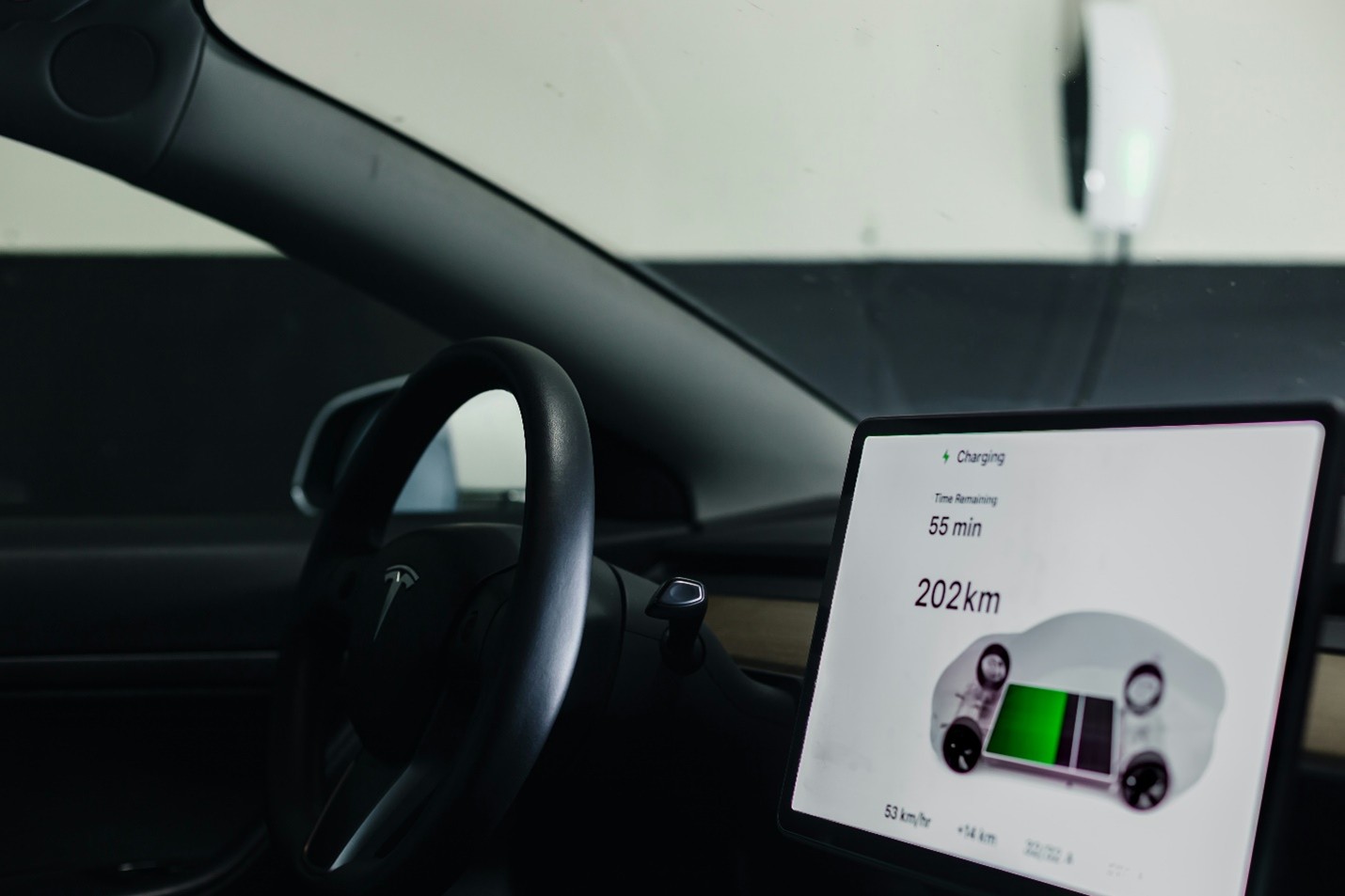The question "What is BMS?" can be answered as a management system that ensures the safe and efficient operation of batteries. Known as Battery Management System in English, it controls the charging and discharging processes of batteries, thereby extending battery life.
This system regulates energy usage, especially in electric vehicles. It also prevents risky situations such as overcharging or over-discharging. Today, it is one of the most critical components of BEV (Battery Electric Vehicle) technology.

What are the Basic Functions of BMS?
BMS battery management has many important functions. Thanks to these functions, the battery becomes long-lasting, safe, and efficient.
Main tasks:
- Monitoring cell voltages
- Controlling battery temperature
- Preventing overcharging and over-discharging
- Balancing between cells
- Calculating battery life
- The question "What is a BMS circuit?" is also answered here. A BMS circuit is the electronic board that performs these functions. This way, the battery always operates under optimum conditions. Battery health controls also delay the need for electric car battery replacement in the long term.
How Does BMS Work in Electric Vehicles?
In electric vehicles, BMS tracks each cell in the battery pack individually. In this way, even the smallest imbalance is detected immediately. The Battery Management System provides accurate energy data to the driver. Additionally, the vehicle's range indicator, battery charge level, and temperature information are obtained through the BMS. In case of an emergency, it also ensures safety by shutting down the system. In short, BMS is an invisible but most critical component in electric vehicles. Moreover, to reduce driver range anxiety, route planning in electric vehicles and selecting the right charging points become more strategic with the data provided by BMS.
What are the Effects of BMS on Electric Vehicle Performance?
One of the important answers to the question "What is a BMS system?" is its effect on vehicle performance. A properly functioning BMS increases the vehicle's range and improves the driving experience.
BMS contributions to performance:
- Extends range by using energy in a balanced way
- Prevents battery overheating
- Provides safer driving
- Extends battery life
Battery management is not possible without BMS. Therefore, BMS is a very critical system for electric vehicles. Additionally, using a charging station map to find the right charging points during travel ensures both efficient use of the battery and uninterrupted continuation of the driving experience.
BMS, or Battery Management System, is one of the invisible but most critical components of electric vehicles. Thanks to its functions such as cell balancing, temperature control, charge and discharge management, it both extends the life of batteries and guarantees safety. Today, BMS technology, which is used not only in electric vehicles but also in many areas from energy storage systems to solar energy solutions, will develop even further in the future with artificial intelligence and cloud integration, improving user experience.
References:
Battery University
EVgo – Electric Vehicle Insights









